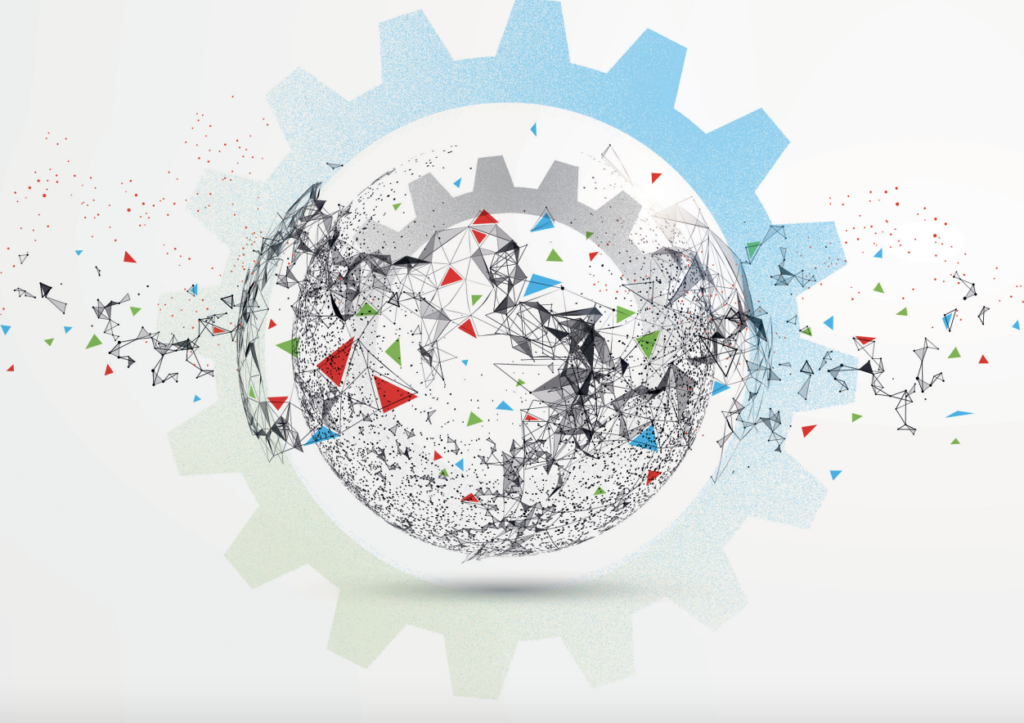Article overview
Inequality in Germany - Policy measures to reverse the trend
The Forum New Economy Working Paper series sees its latest addition: a paper that reviews trends and drivers of income and wealth inequality in Germany, and derives possible policy options.
Coalition agreement 2021-2025: Additional financial leeway for future investments?
The coalition agreement is here. Do the targeted fiscal policy instruments allow sufficient leeway for the necessary climate and other investments in the future? Tom Krebs and Janek Steitz with an assessment.
Expert Seminar - Financing the Investment Agenda of the Federal Government
How can the ambitious German public investment agenda be financed within the debt brake? In an expert seminar, we discussed the results of a recently completed study by Forum New Economy and Agora Energiewende.
A Manifesto for a New Economics
How to make economics fit for the 21st century. Steve Keen has written a book on "The New Economics".
Climate investment: How to finance the 2030 targets
An analysis by Agora Energiewende and Forum New Economy shows: Making use of smart fiscal policy, the new German government can finance the necessary climate protection measures despite a return to the debt brake.
New Paradigm Knowledge Base - Update on inequality
What policies can help against rising inequality? How are inequality and central bank policies connected? Why is redistribution not enough to deal with populism?
Bidenomics – Bringing a new paradigm into practice?
Some voices claim Joe Biden has kindled a new era in policymaking that may stimulate fiscal changes also in Germany. At our IX New Paradigm Workshop, Barry Eichengreen argues that while public beliefs have transformed, congressional attitudes still lag behind.
New Paradigm Knowledge Base – Update on the role of the state
What role should the state play in innovation policy? How can the infrastructure investments needed for climate protection be financed by the state? Does a socially acceptable implementation of the Green New Deal require the EU to relax its debt rules?
On designing a new overall economic paradigm
During our IX New Paradigm Workshop, we spoke to Diane Coyle and Michael Jacobs about why economics needs to change and what it takes to design an overarching economic paradigm.
A new economy – where are we?
Cornwall Consensus, Bidenomics, established economists calling for a new social contract - many things point to a change of course. But where do we really stand in the fall of 2021? This is the leading question of our IX New Paradigm Workshop.
Economic Change Unit creates research base for new economic concepts
The Economic Change Unit just launched their New Economy Brief – a website that helps to navigate through the increasing volume of innovative proposals on climate, inequality and else.












